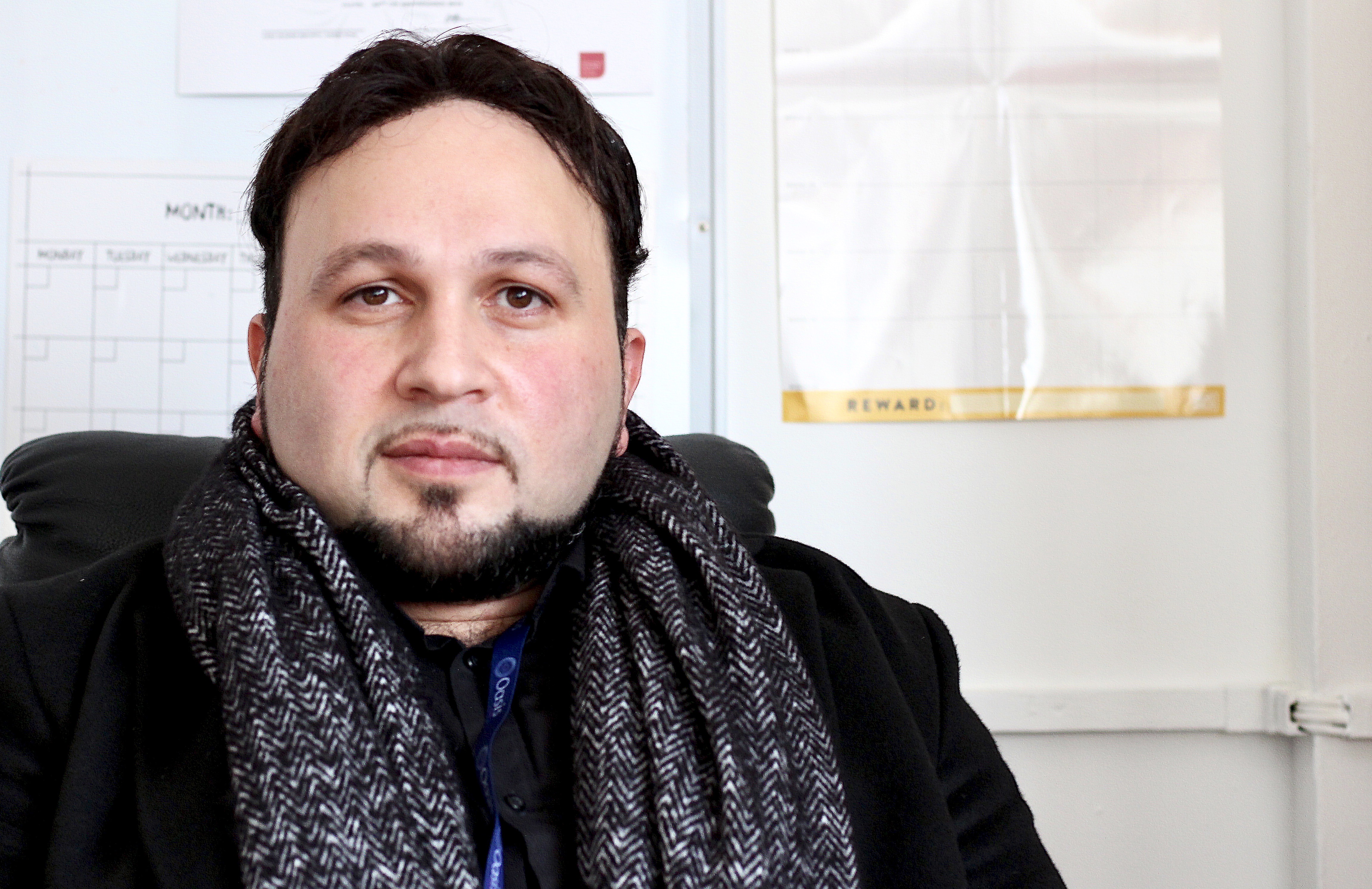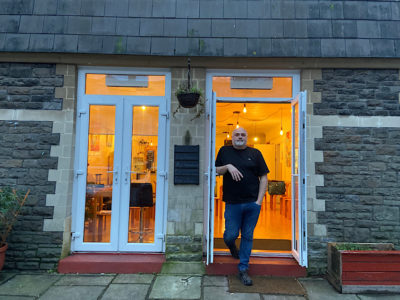Asylum seeker or refugee?
Asylum seeker
This is someone who has arrived in the UK and is waiting for a decision as to whether Britain will grant them asylum (when they will become a refugee). While awaiting their decision, asylum seekers are entitled to £37.75 per week in Asylum Support and free accommodation.
Refugee
This is a person who has been allowed to stay in the UK after applying for asylum. 28 days after having this status granted, Asylum Support and housing ends. Refugees are entitled to most privileges of society with the exception of voting and being part of a political party. They can work here and get a National Insurance number to access state services.
Indefinite leave to remain
This status is available to refugees who have lived here for 5 years. They no longer have a time limit to their stay here in the UK. If they have a home here, they are classed as settled in the UK.
Do your shop on Asylum Support
Ever tried to budget almost your entire life on £37.75 a week?
It isn’t easy. Let’s take a look at your shop at Tesco.
First, knock off £12 for your bus pass to get there. Then set aside another fiver to go towards your monthly phone bill.
You now have £20.75.

🏠 Household:
The essentials for any household.
- Toilet roll
- Bleach
- Bin bags
- Cleaning cloths
- Laundry detergent
- Anti-bac spray
- Sponges
£7.83
🚿 Hygiene:
For health and dignity.
- Soap
- Shower gel
- Shampoo
- Toothpaste
- Female sanitary products
£2.01
☕ Breakfast:
It’s cornflakes for you.
- Cornflakes
- 4 pints of milk
£1.84
🍞 Lunch:
Hardly nutritious, but it’ll do until tea.
- Wafer thin ham
- Wafer thin chicken
- Bread
- Butter
£2.81
🍝 Dinner:
Spag bol all week.
- 1kg spaghetti
- Two small onions
- One carrot
- Celery sticks
- Chopped tomatoes
- Garlic
- Vegetable oil
- Vegetable stock
- Cheddar (Sorry Italy)
£6.26
Total spent: £20.75, with not much in the way of fresh fruit or vegetables and nothing left to pay for the unexpected.
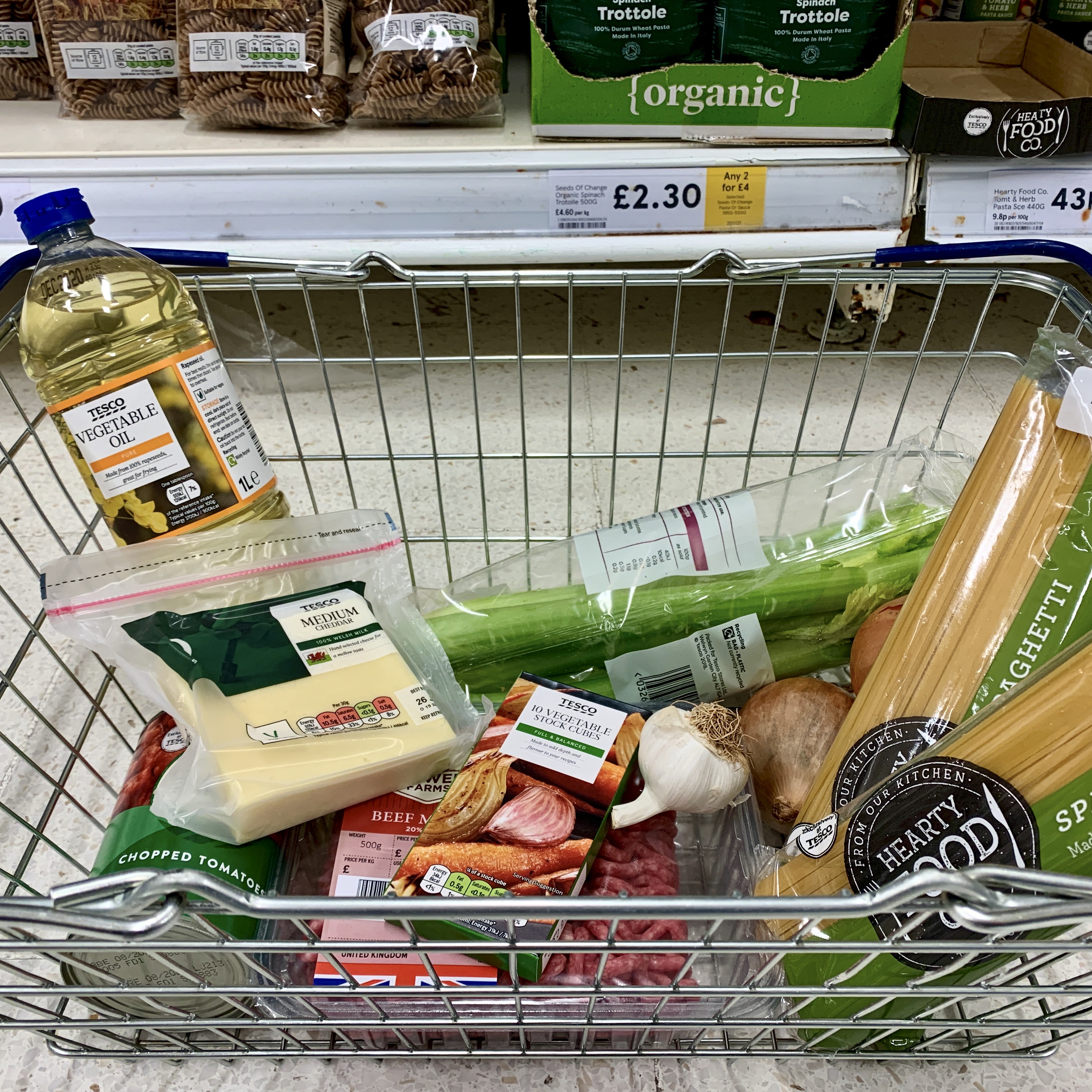
A Syrian refugee discusses the struggles faced by the displaced in light of Wales’ plan to welcome and care for asylum seekers
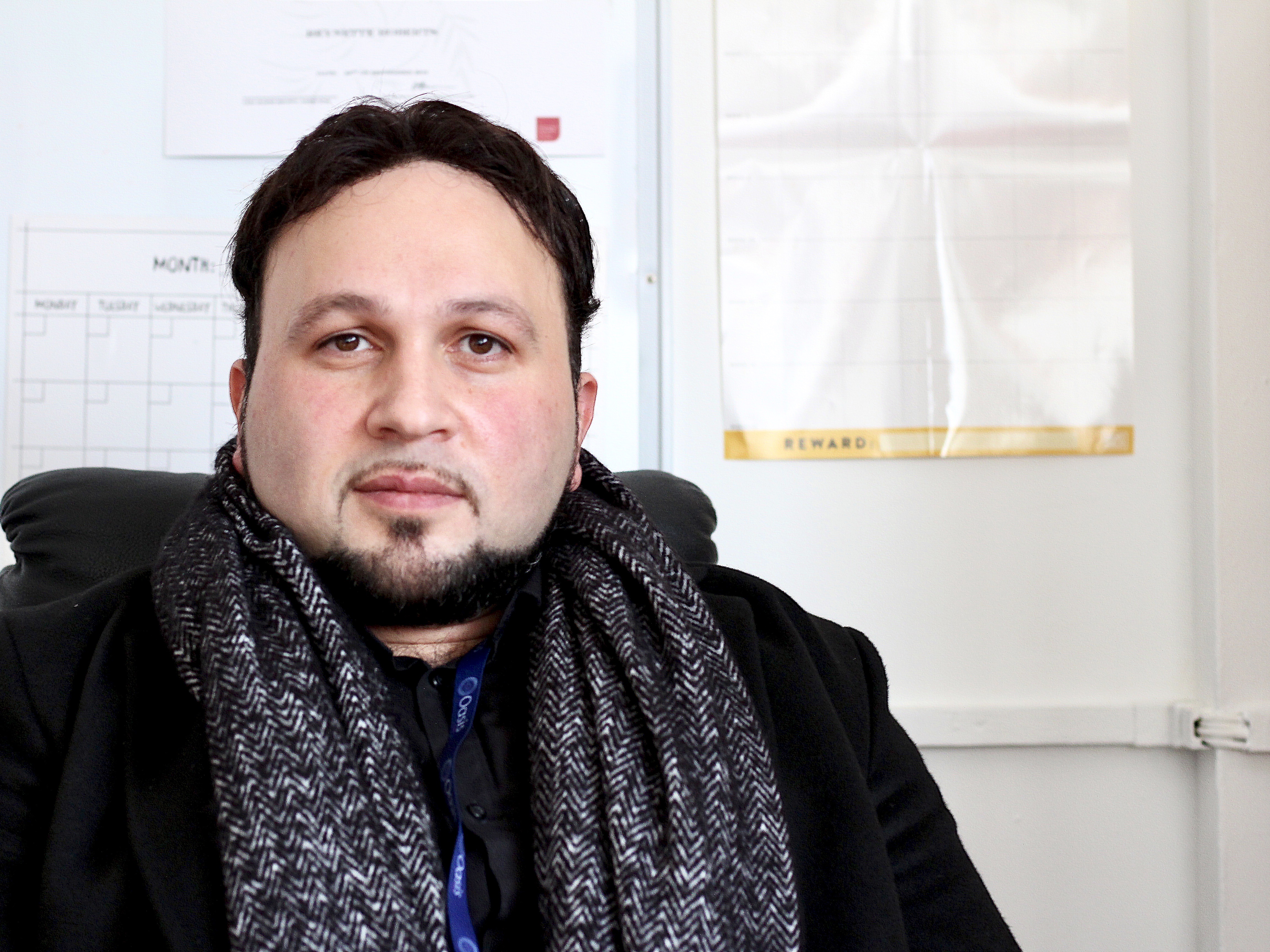
It’s hard to avoid the usual press associated with asylum seekers and refugees. Depending on the publication, they’re portrayed as either well-off scroungers, here only for your taxes, or as being constantly bombarded with racist abuse.
But what you may have missed is Wales’ official Nation of Sanctuary plan.
Described in January 2019 by Jane Hutt AM as a plan to improve support for those seeking asylum and to harness their skills, it seeks to make whatever policy changes possible around immigration while that remains centralised. The greatest focus will be on preventing destitution, improving physical and mental health support and speeding up societal integration.
Those three issues happen to be the biggest that Hassam Allahham has faced.
Once a surgeon in the Syrian resistance, he is now a caseworker for refugee support charity Oasis Cardiff. Here he speaks about the plan to become a nation of sanctuary and the most pressing realities of living in Wales as a refugee.
Destitution and Housing
Falling into destitution, where people cannot afford to meet their basic housing and essential needs, is a regular occurrence for those here seeking aid and, according to Hassam, a major struggle for the displaced.
It can happen to people wherever they are in the settlement process, whether an asylum seeker unable to work or a refugee granted asylum holding full employment rights.
Because of your status,
nobody will let you rent a room
Asylum Support often isn’t enough for the former. But once refugee status and a work permit are granted, things usually don’t improve. 28 days after being granted asylum, state support ceases and people are no longer the Home Office’s responsibility. Normal benefits can be claimed but paid work becomes the best way to avoid financial ruin.
With over a quarter of the Welsh population between 16 and 64 out of work, however, employment is something affecting even British citizens, let alone those without the same qualifications or English language competency.
“Employment is very hard,” recounts Hassam, “even for local people, and particularly in comparison to England.
“In England there are more opportunities. Here in Wales you see competition between refugees with work permits and the local people.”
Faced with poverty and hunger from either a shortfall in state support or from a lack of paid work, it is common for people to have to fall back on charities like Oasis, who feed up to 300 people a day.
The risk of homelessness also increases once refugee status is granted; another serious issue, says Hassam.
The 28th day afterward also marks Home Office accommodation being withdrawn, whereupon people enter the ‘move on’ transitionary period. Suddenly, they have to secure their own housing.
“You can’t find a room even if you have money,” Hassam explains.
“Because of your status, nobody will let you rent a room,” he continues, speaking of private landlords.
There’s then no choice but to go to local authorities and housing associations, devolved to the Welsh government and already stretched drastically thin.
The result is that many face slipping into homelessness. They have no option but the Huggard centre.
Social and mental health support
The largest problems that Hassam has experienced are the lack of both mental health and integration support.
“All asylum seekers suffer mental effects from their experiences, from the journey if nothing else,” explains Hassam. “There is no Syrian unaffected by what happened. They all have at least PTSD.”
Add to this that many are unable to work, have no secure housing and rely on charities for food and benefits for money. This can leave the displaced feeling useless, demotivated and, as Hassam puts it, seeing themselves as parasites in society.
I cannot forget my own country…
But now I have two homes.
There is also a gap in integration support, compounding the issue and slowing the process of returning to normality. For Hassam, a two year college waiting list to learn English meant that he, like most others, had to rely on organisations like Oasis to learn conversational English and begin integrating into society.
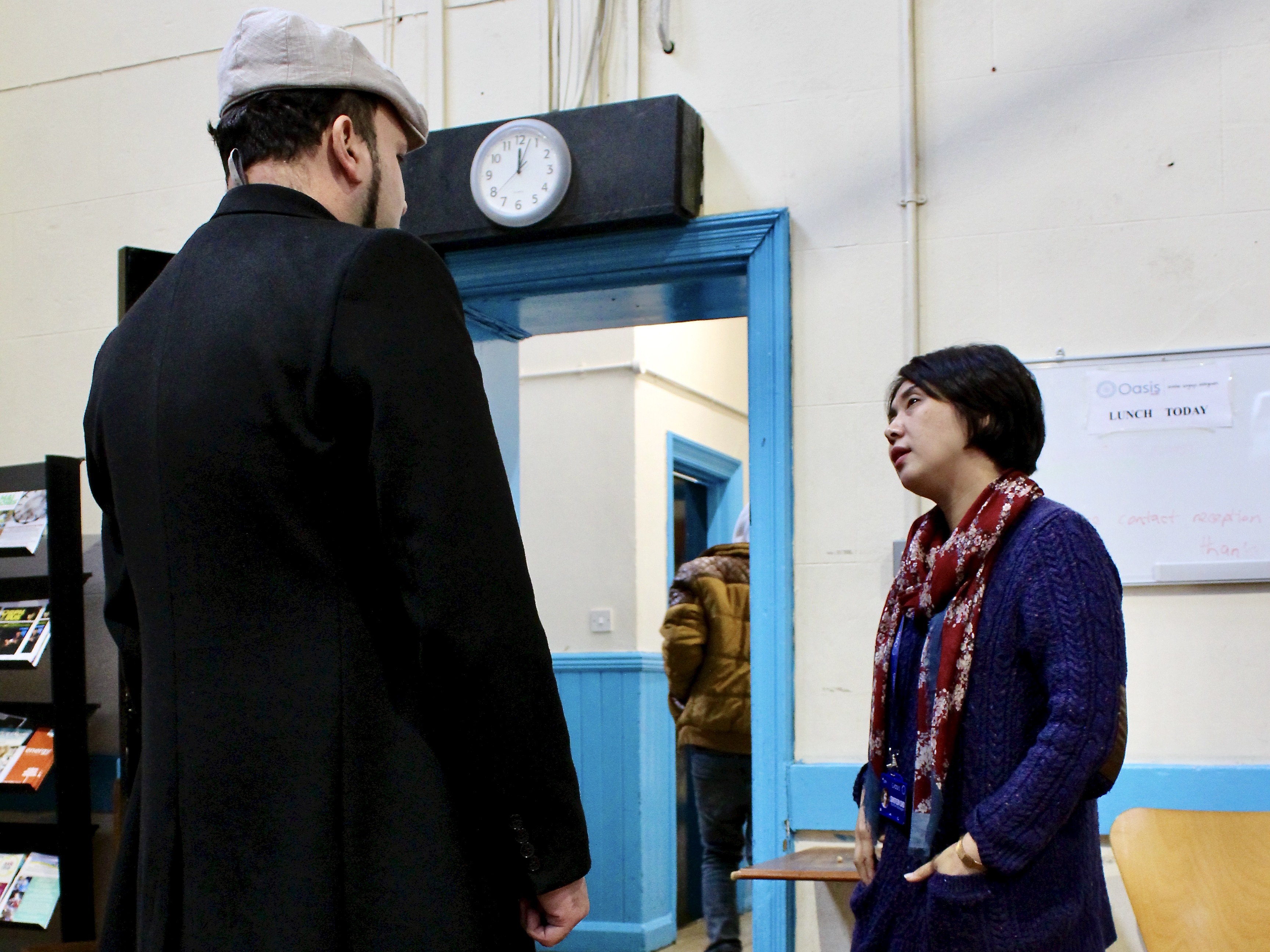
With charities evidently picking up most of the fallout from the gaps in UK central support, perhaps it is no surprise that the Welsh government is bent on tackling whatever they can influence.
And the good news is that the Nation of Sanctuary plan aims at solving the problems discussed by Hassam, among many others.
Destitution will be tackled by increased crisis funding for those on asylum support; by occupational training and attempts to break employment barriers; and by putting in support to enable refugees to start their own businesses. Refugees will be included in existing homelessness prevention strategies; support during the ‘move on’ period will be increased and opportunities for increasing local authority housing for refugees are to be explored.
The plan also provides a structure to reduce mental health issues through needs assessments and the introduction of healthcare guidelines, policies and services tailored specifically to refugees and asylum seekers. The existing communities and educational divisions will also be utilised to increase integration within individual communities and make higher education more readily available to those wishing to learn in, and adapt to, our society. And that’s not even half of the full plan.

Such comprehensiveness might suggest that Wales has a long way to go before reaching its goal. But actually, that is not how Hassam feels.
When asked if he thinks Wales is already a nation of sanctuary, he firmly answers yes.
“I feel safe and welcome here. I cannot forget my own country, and wish to return one day. But now I have two homes.”
Asylum seeker or refugee?
Asylum seeker
This is someone who has arrived in the UK and is waiting for a decision as to whether Britain will grant them asylum (when they will become a refugee). While awaiting their decision, asylum seekers are entitled to £37.75 per week in Asylum Support and free accommodation.
Refugee
This is a person who has been allowed to stay in the UK after applying for asylum. 28 days after having this status granted, Asylum Support and housing ends. Refugees are entitled to most privileges of society with the exception of voting and being part of a political party. They can work here and get a National Insurance number to access state services.
Indefinite leave to remain
This status is available to refugees who have lived here for 5 years. They no longer have a time limit to their stay here in the UK. If they have a home here, they are classed as settled in the UK.
Do your shop on Asylum Support
Ever tried to budget almost your entire life on £37.75 a week?
It isn’t easy. Let’s take a look at your shop at Tesco.
First, knock off £12 for your bus pass to get there. Then set aside another fiver to go towards your monthly phone bill.
You now have £20.75.

🏠 Household:
The essentials for any household.
- Toilet roll
- Bleach
- Bin bags
- Cleaning cloths
- Laundry detergent
- Anti-bac spray
- Sponges
£7.83
🚿 Hygiene:
For health and dignity.
- Soap
- Shower gel
- Shampoo
- Toothpaste
- Female sanitary products
£2.01
☕ Breakfast:
It’s cornflakes for you.
- Cornflakes
- 4 pints of milk
£1.84
🍞 Lunch:
Hardly nutritious, but it’ll do until tea.
- Wafer thin ham
- Wafer thin chicken
- Bread
- Butter
£2.81
🍝 Dinner:
Spag bol all week.
- 1kg spaghetti
- Two small onions
- One carrot
- Celery sticks
- Chopped tomatoes
- Garlic
- Vegetable oil
- Vegetable stock
- Cheddar (Sorry Italy)
£6.26
Total spent: £20.75, with not much in the way of fresh fruit or vegetables and nothing left to pay for the unexpected.


